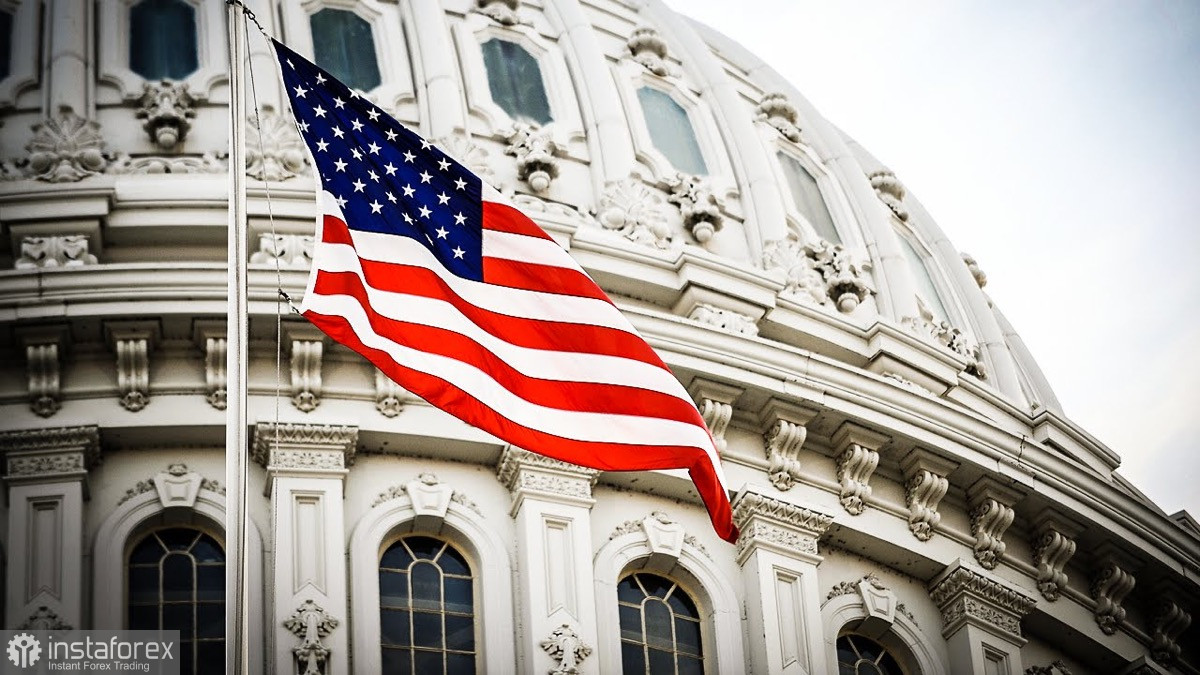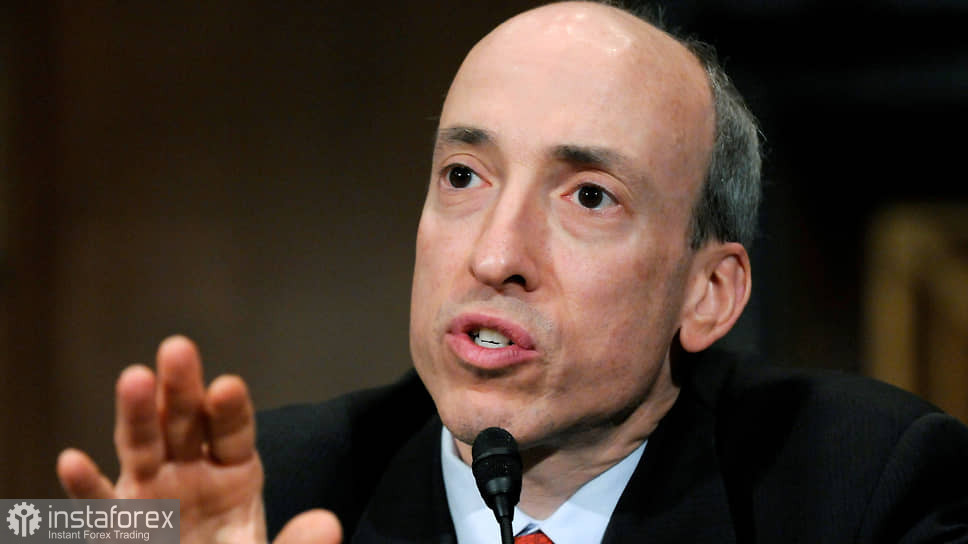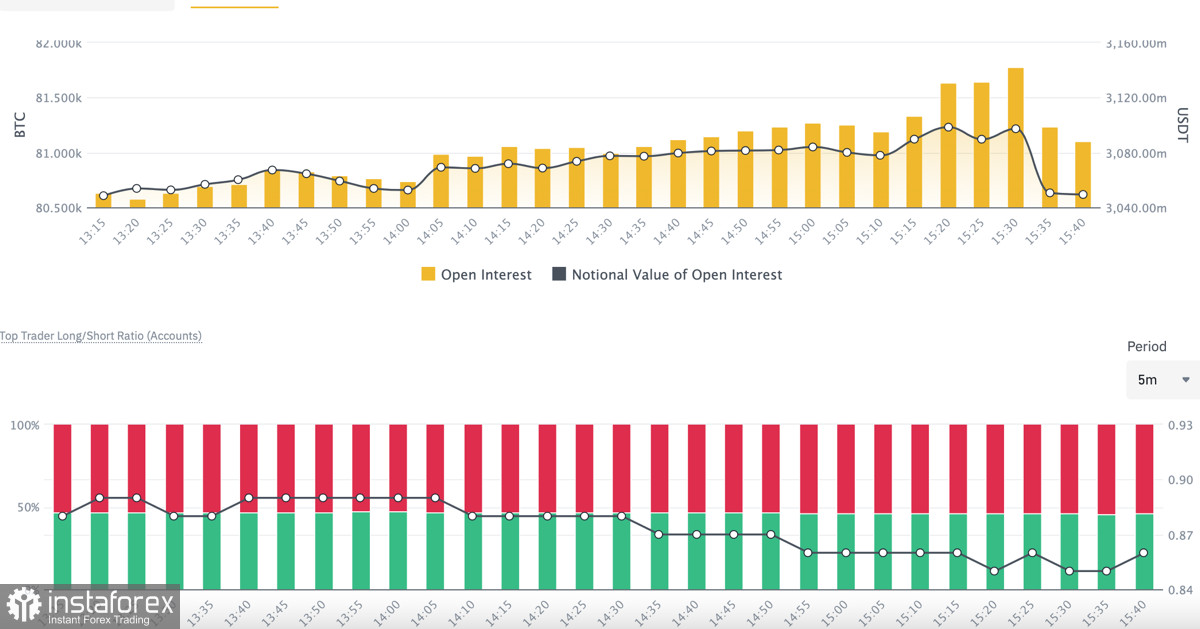Microstrategy CEO Michael Saylor said that there is nothing wrong with regulating the cryptocurrency market. Saylor is confident that with the right approach and prescribing rules for the regulation of digital assets, the institutionalization of the industry as a whole will increase. The U.S. Congress listened to the opinion of the entrepreneur and will soon consider a bill on fair taxation of cryptocurrencies.
But the most radical statement of recent days was the statement of SEC Chairman Gary Gensler in an interview with Bloomberg. Gensler said that if cryptocurrency companies do not want to cooperate, tough measures will be taken to force cooperation in order to protect the rights of investors. However, at the same time, Gensler is confident that the laws governing investment activities in the United States and adopted in the 30s of the last century remain relevant.

Considering the position of the SEC chairman, we can conclude that in the near future there are no fundamental changes in the regulator's position regarding investment products based on cryptocurrency. This statement by the head of the regulator did not go unnoticed by the public, and Michael Saylor said that investing in MicroStrategy shares is the best alternative to ETFs. This is due to the fact that the acquisition and ownership of the company's securities is not subject to commission.

Liberal taxation
Despite the principled position of the head of the SEC, the U.S. Congress is going to consider a bill on the taxation of cryptocurrencies. At the same time, it is reported that the Internal Revenue Service is not going to tax digital assets that are on savings wallets or received during staking. In addition, it is planned to exclude taxation of transactions with cryptocurrencies in the amount of less than $200.
Such a decision speaks of awareness and possession of the necessary information by members of Congress, and therefore one can count on democratic taxation of the industry. In general, the position of the U.S. authorities was positively perceived by the market and strengthened the position of cryptocurrencies among other financial instruments. As a result, Bitcoin came close to the downward trend line, while the SPX and NASDAQ fell in sync to significant support areas.
The divergence in the movement of BTC and stock indices may also indicate a difference in approaches to regulation. This, in turn, can become an important argument for investors when choosing an investment instrument. Given the benefits of cryptocurrencies such as increased profitability, decentralization and security, taxation can be a key factor influencing investment flows in U.S. markets.
In technical terms, Bitcoin looks confident due to the positive fundamental and news background. There is also a positive trend in the MACD indicator, which for the first time in 82 days is approaching the green zone. The presence of this indicator within the bullish range is accompanied by a breakout rally to local highs.
In addition, the equality in the ratio of shorts/longs is of interest, which indicates the stabilization of the market. In a situation where there is no obvious dominant, the price goes in the direction according to the trend. Now the asset is in the stage of a local uptward rend. Fear is also gradually leaving investors, and therefore we can count on another attempt to break through $40.5k. This mark is the final point of the monthly range of fluctuations, and therefore its break may provoke a local bullish "BOOM" in the market.


But I want to note that the bullish candles formed after the confident red candle of February 2 look uncertain and indicate the weakness of buyers and the absence of impressive buying volumes. Therefore, a reversal to the local bottom also remains relevant. If the bulls fail to increase volumes during the $39k-$40.5k trade, then the price will fall to the bottom like a stone.
 English
English 
 Русский
Русский Bahasa Indonesia
Bahasa Indonesia Bahasa Malay
Bahasa Malay ไทย
ไทย Español
Español Deutsch
Deutsch Български
Български Français
Français Tiếng Việt
Tiếng Việt 中文
中文 বাংলা
বাংলা हिन्दी
हिन्दी Čeština
Čeština Українська
Українська Română
Română

